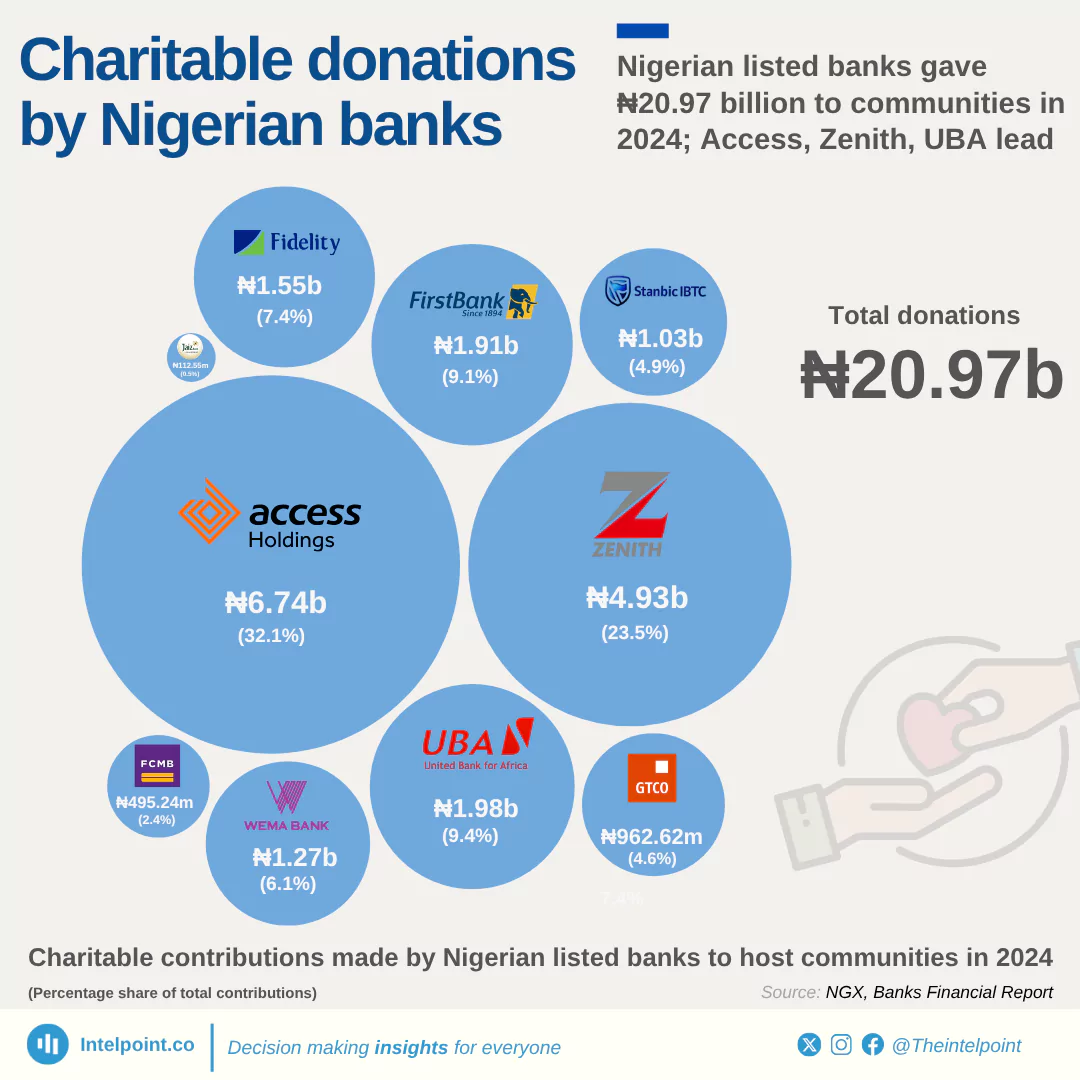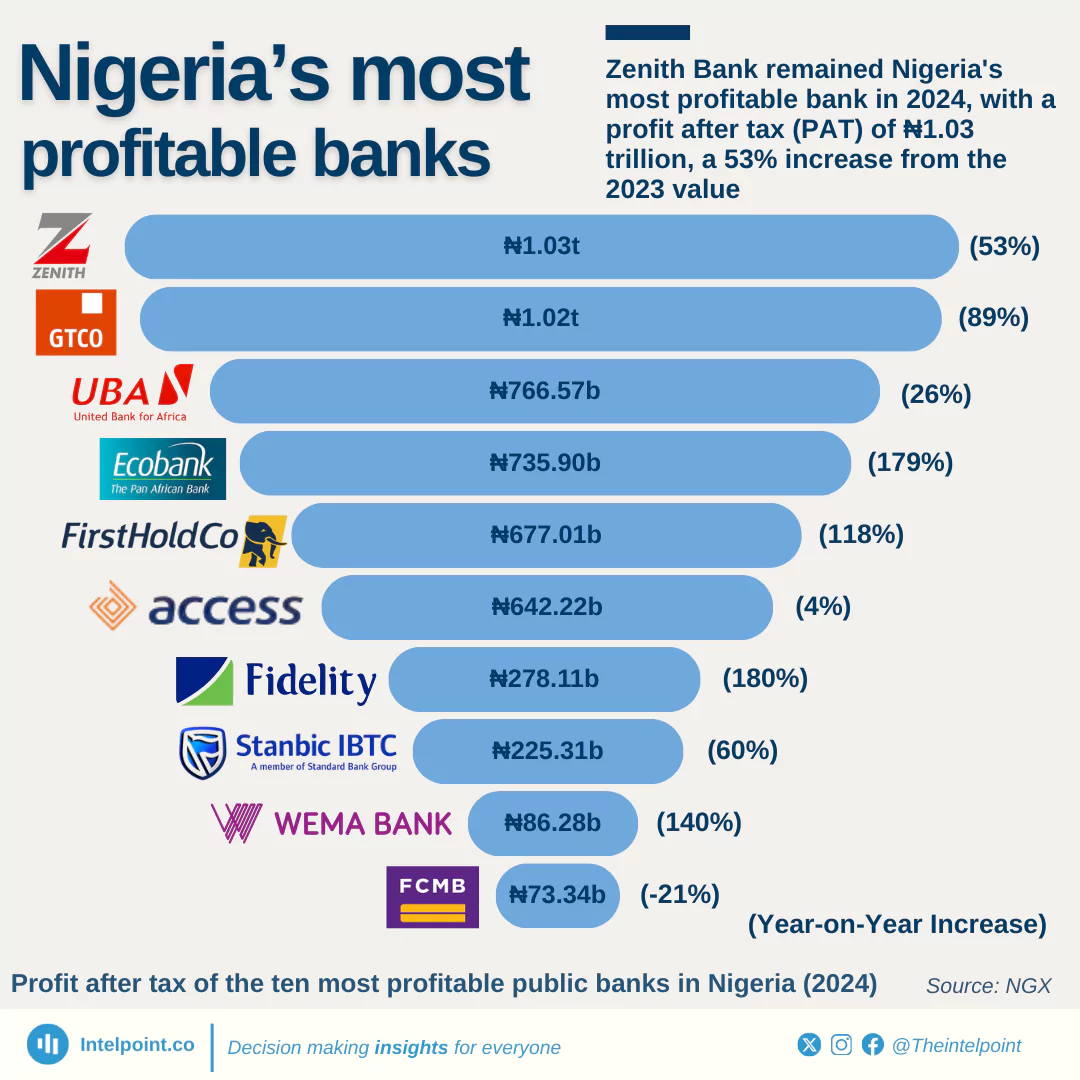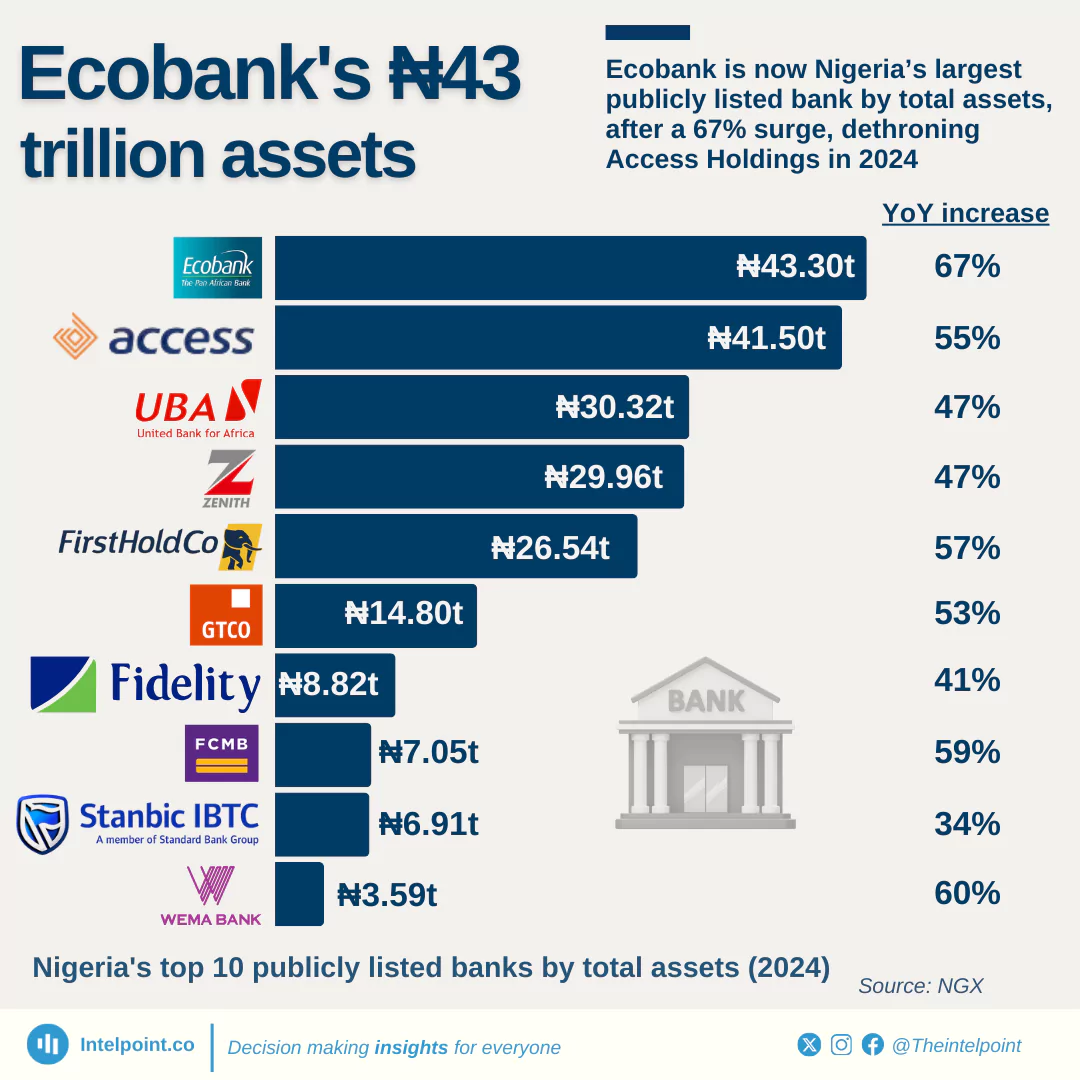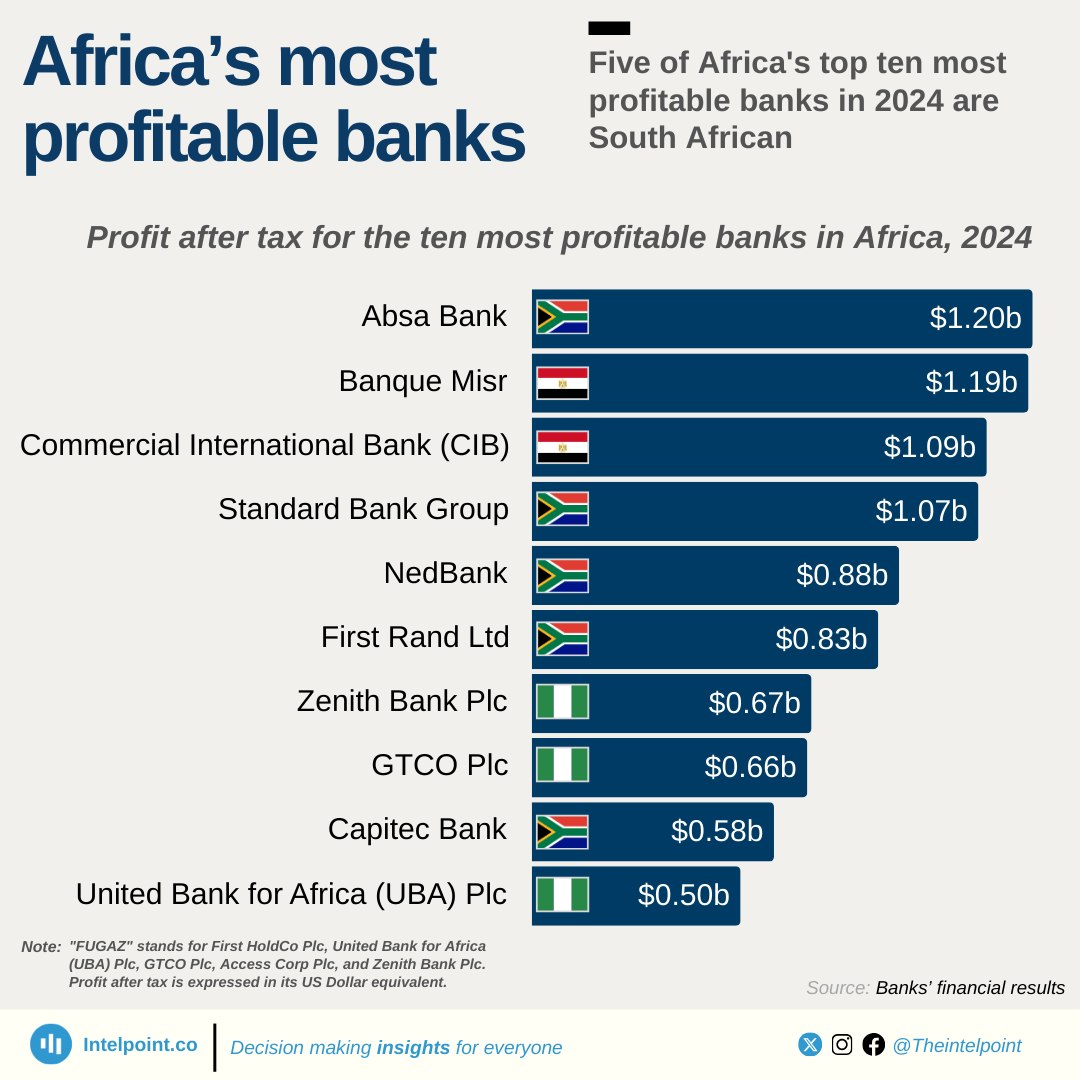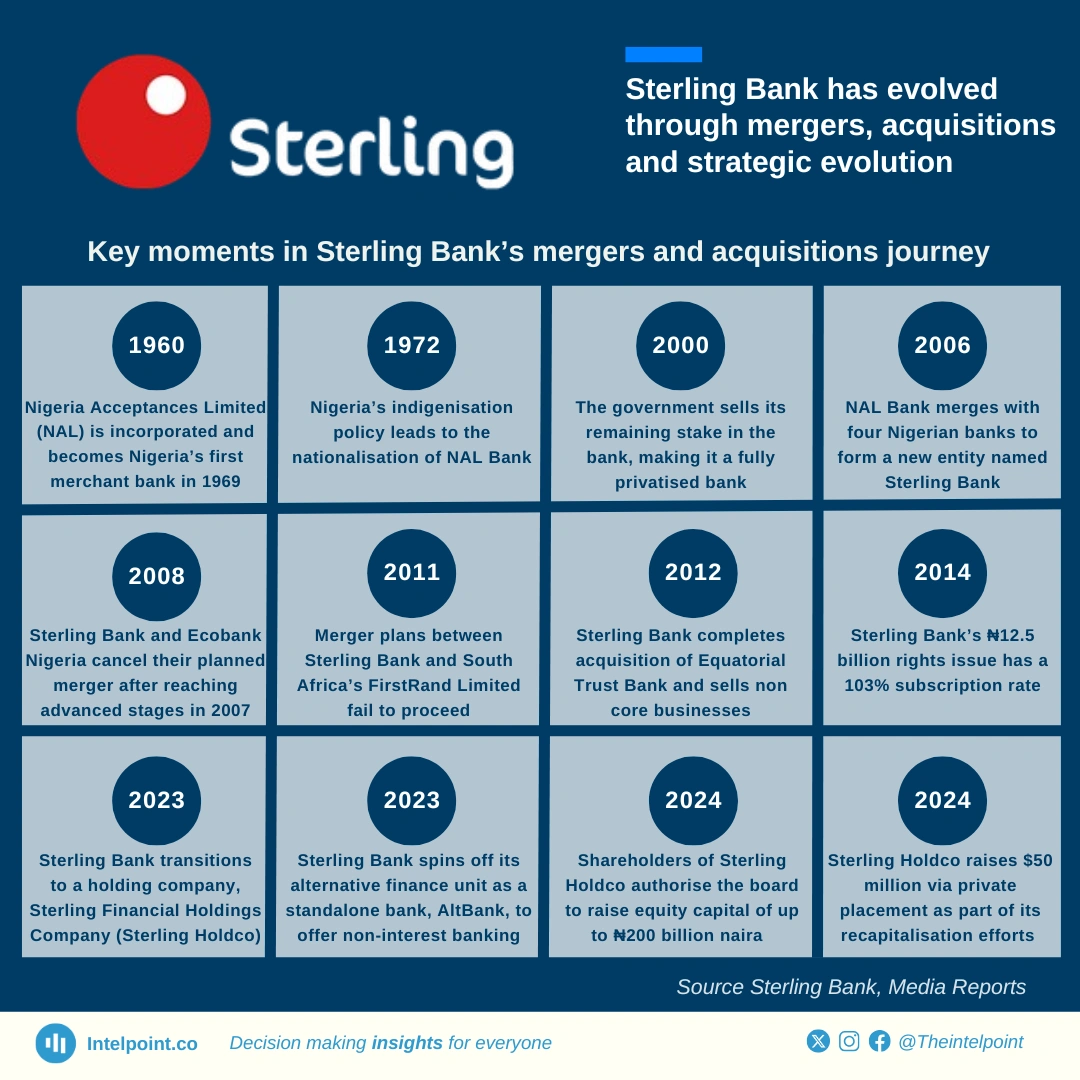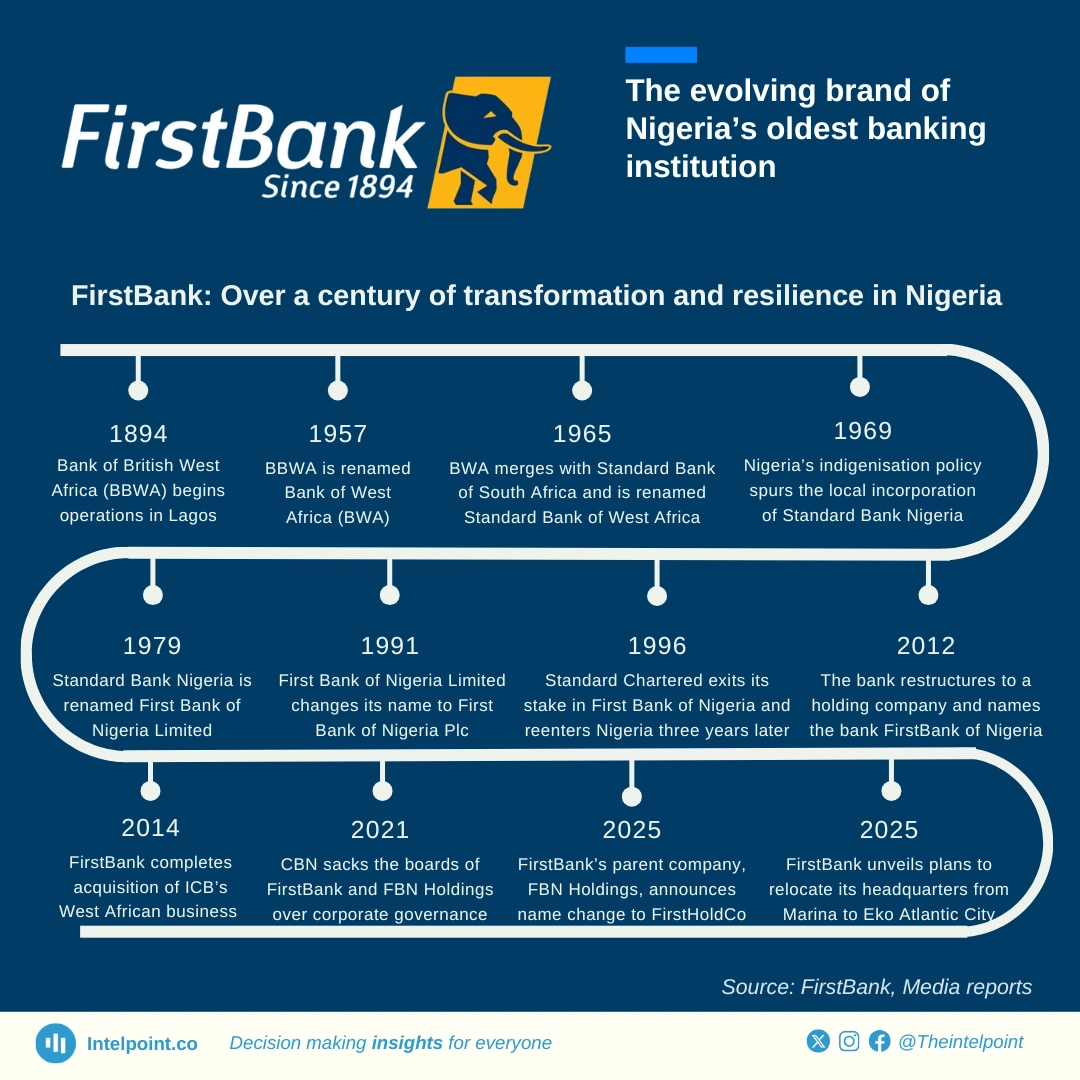Listed companies are obligated to publish financial statements and external auditors play a key role in this. The world's largest auditors, also called the big four, audit Nigerian banking groups. KPMG audits five of the twelve listed banking groups, emerging as the top auditor for the industry. It is closely followed by Deloitte, auditors for FCMB, Fidelity, Sterling and Ecobank. While EY and PwC audit only three banks combined, all three are tier one banks.
